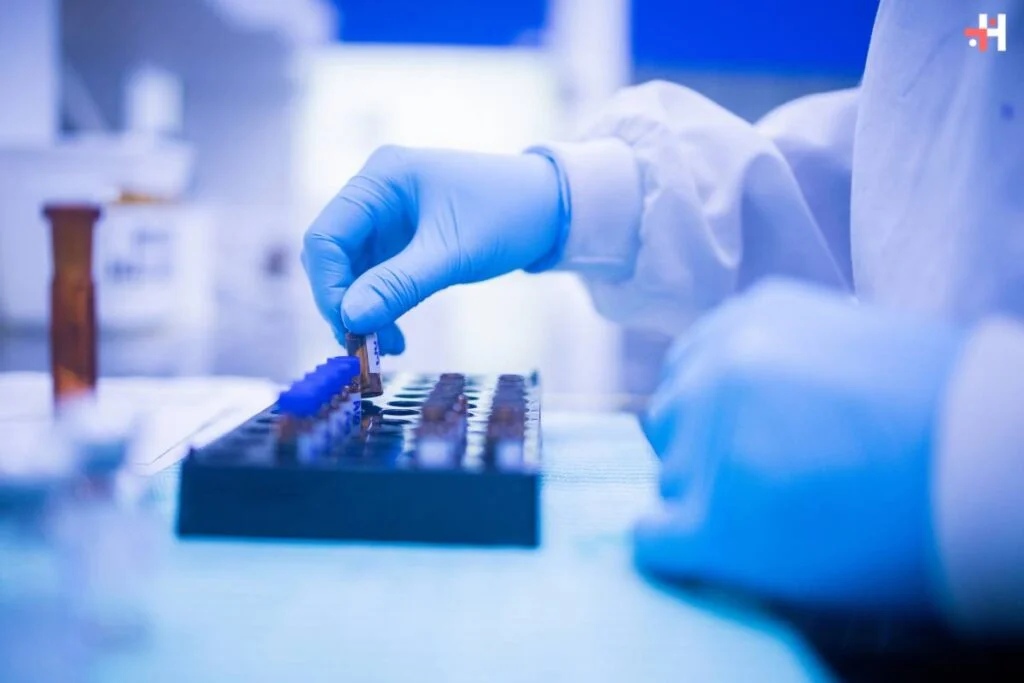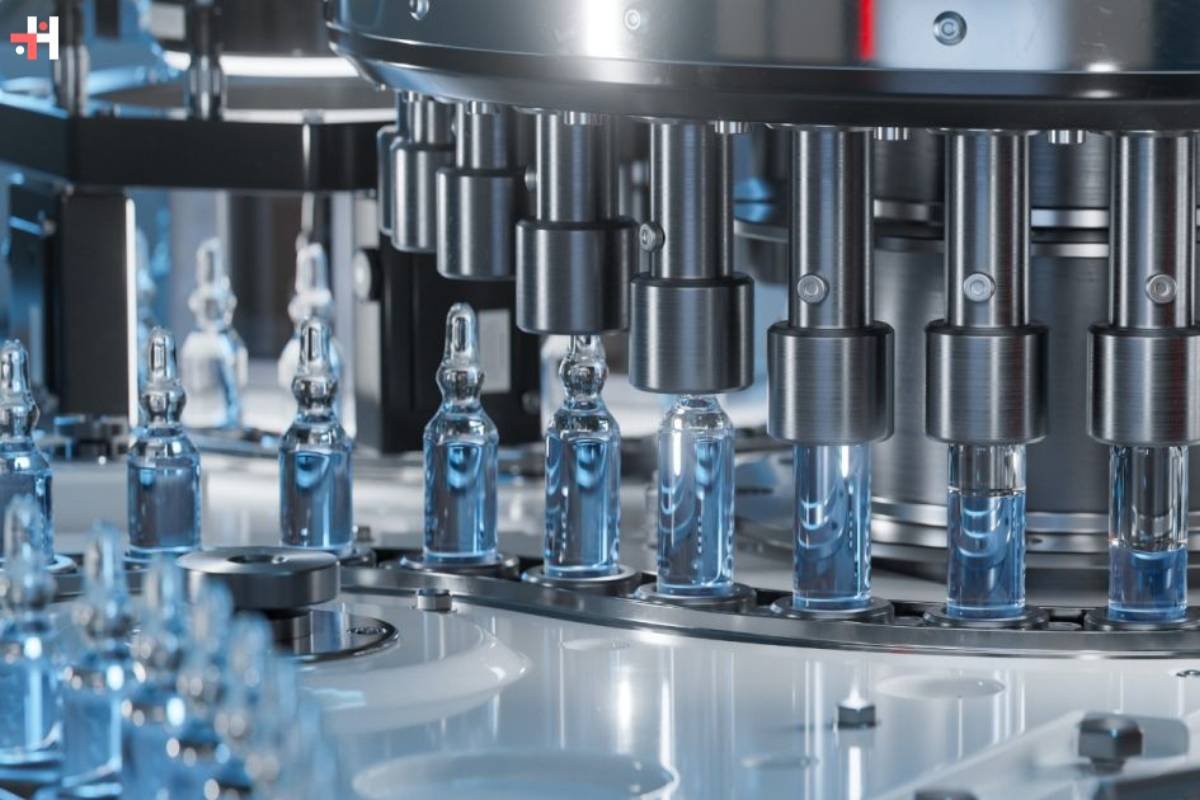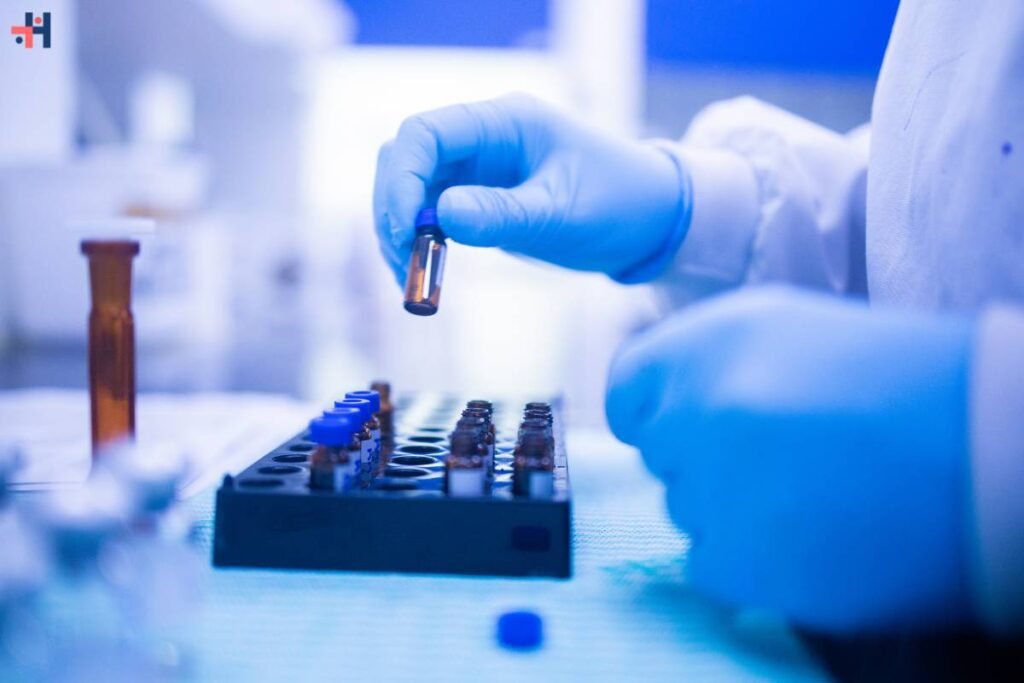Within the intricate domain of pharmaceuticals, the linchpin of safety, efficacy, and integrity is regulatory compliance. Beyond being a mere legal obligation, stringent adherence to regulations emerges as a pivotal factor in preserving public health throughout the pharmaceutical lifecycle, encompassing drug development, manufacturing, and distribution. This guide endeavors to unravel the profound significance of regulatory compliance in the pharmaceutical sector, unraveling its far-reaching implications, navigating through existing challenges, and shedding light on the dynamic evolution of this critical landscape. As we embark on this exploration, a deeper understanding will emerge regarding the pivotal role that regulatory compliance plays in upholding the standards and ethical considerations essential for the well-being of individuals and the broader community.
Understanding the Terminologies
It in the pharmaceutical industry refers to the adherence to rules, regulations, and guidelines set forth by health authorities and regulatory bodies. These entities, such as the Food and Drug Administration (FDA) in the United States and the European Medicines Agency (EMA) in Europe, establish frameworks to ensure that pharmaceutical products meet defined standards for quality, safety, and efficacy.
Key Aspects
1. Quality Control and Assurance:
At the core of regulatory compliance lies the assurance of product quality. This involves rigorous quality control measures at every stage of the pharmaceutical lifecycle – from research and development to manufacturing and distribution. Stringent quality assurance practices mitigate the risk of substandard or unsafe products entering the market.
2. Clinical Trials and Drug Approval:
Before a pharmaceutical product reaches the market, it undergoes extensive clinical trials to demonstrate its safety and effectiveness. It mandates that these trials adhere to ethical standards and follow established protocols. Drug approval processes involve scrutiny of data, ensuring that the benefits of the drug outweigh potential risks.
3. Good Manufacturing Practices (GMP):
GMP is a set of regulations that govern the manufacturing processes of pharmaceutical products. Compliance with GMP standards is imperative to ensure that drugs are consistently produced and controlled according to quality standards. This includes maintaining hygienic manufacturing environments, proper documentation, and robust quality control systems.
4. Documentation and Record Keeping:

Accurate and comprehensive documentation is a fundamental aspect of regulatory compliance. From research data to manufacturing records, pharmaceutical companies must maintain detailed documentation to provide transparency and traceability. This documentation serves as a critical resource during regulatory inspections.
5. Product Labeling and Packaging:
Compliance extends to the labeling and packaging of pharmaceutical products. Clear and accurate labeling is essential to provide users with information about usage, potential side effects, and proper storage. Adhering to regulatory guidelines in this aspect ensures that consumers receive the necessary information for safe medication use.
Challenges to Regulatory Compliance
1. Globalization and Divergent Regulations:
The pharmaceutical industry operates on a global scale, and companies often face the challenge of navigating diverse regulatory landscapes. Different countries may have distinct regulatory requirements, necessitating a nuanced approach to compliance.
2. Rapid Technological Advances:
The rapid evolution of technology introduces challenges in keeping regulatory frameworks aligned with innovative developments. Emerging fields such as biotechnology and gene therapy require continuous adaptation of regulations to ensure appropriate oversight.
3. Data Security and Integrity:

With the increasing reliance on electronic systems and data-driven processes, ensuring the security and integrity of data becomes a critical challenge. It includes safeguarding against data breaches and maintaining the accuracy of information.
4. Supply Chain Complexity:
The pharmaceutical supply chain is intricate, involving various stakeholders from raw material suppliers to distributors. Ensuring compliance across this complex network requires robust supply chain management practices and collaboration with partners.
5. The Evolving Landscape
As the pharmaceutical industry advances, so does the landscape of regulatory compliance. Regulatory bodies continually refine and update standards to address emerging challenges and technological advancements. The following trends highlight the evolving nature of regulatory compliance:
6. Emphasis on Data Integrity:
Recent years have seen an increased focus on data integrity in regulatory compliance. Authorities expect companies to implement measures that guarantee the accuracy and security of data throughout the product lifecycle.

Exploration of Regulatory Compliance in the Pharmaceutical Industry
This comprehensive article aims to unravel the multifaceted layers of regulatory compliance, delving into its significance, impact, and the meticulous measures that pharmaceutical entities adopt to navigate this complex landscape.
7. Patient-Centric Approaches:
Regulatory frameworks are gradually shifting towards more patient-centric approaches. This includes incorporating patient perspectives in drug development and ensuring that medications align with diverse patient needs.
8. Advanced Manufacturing Technologies:

The integration of advanced manufacturing technologies, such as 3D printing and continuous manufacturing, poses new challenges for regulatory compliance. Regulators are working to establish guidelines that accommodate these innovative approaches.
9. Real-World Evidence (RWE):
Regulatory bodies are exploring the use of real-world evidence, derived from sources like electronic health records, to supplement traditional clinical trial data. This trend aims to enhance the understanding of a drug’s performance in real-world scenarios.
Conclusion:
In the pharmaceutical sector, regulatory compliance transcends a mere set of rules; it embodies a dedicated commitment to prioritizing public health and safety. The dynamic evolution of the industry introduces new challenges and alters the expectations linked with compliance. To navigate this intricate landscape successfully, pharmaceutical companies are compelled to adopt a proactive and adaptable approach. This involves staying attuned to evolving regulations, technological advancements, and global standards.
As pharmaceutical companies embrace a commitment to regulatory compliance, they contribute not only to their individual success but also to the collective advancement of the industry. The integration of proactive measures and adaptability not only safeguards public health but also fosters an environment where innovation can thrive, ultimately benefiting communities worldwide. In essence, it is the linchpin that sustains the pharmaceutical industry’s mission to enhance and protect global well-being through groundbreaking medical advancements.










